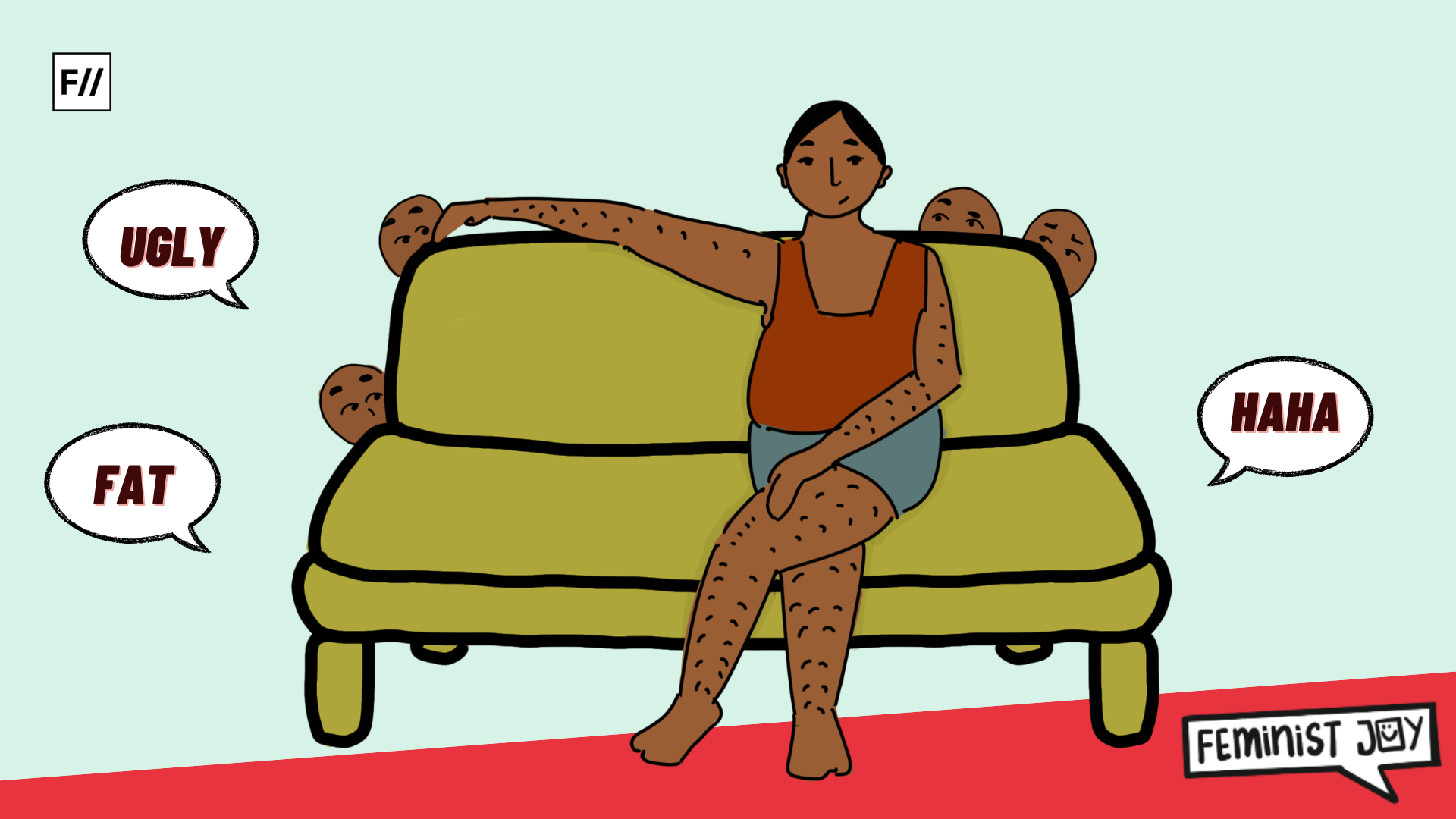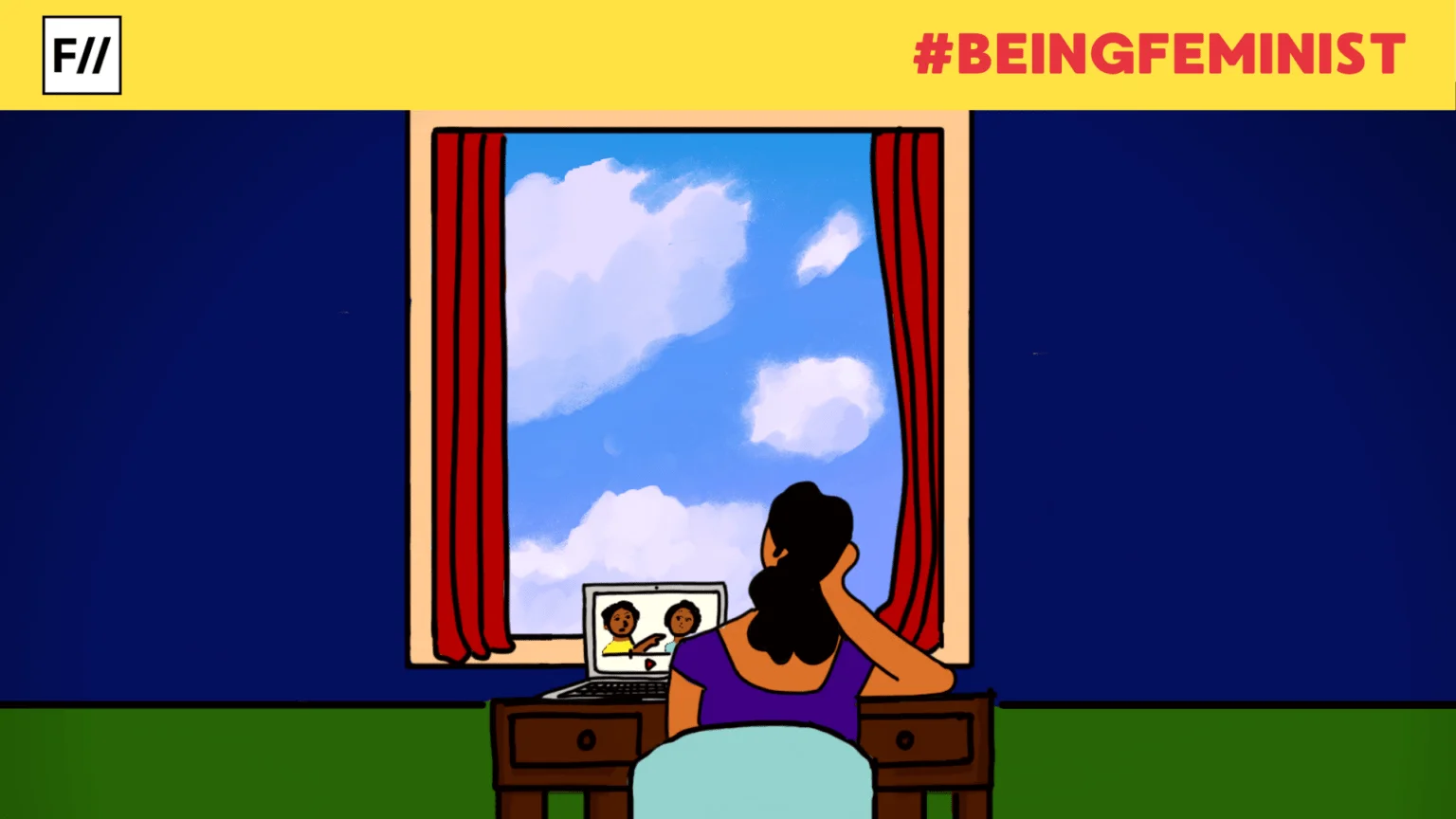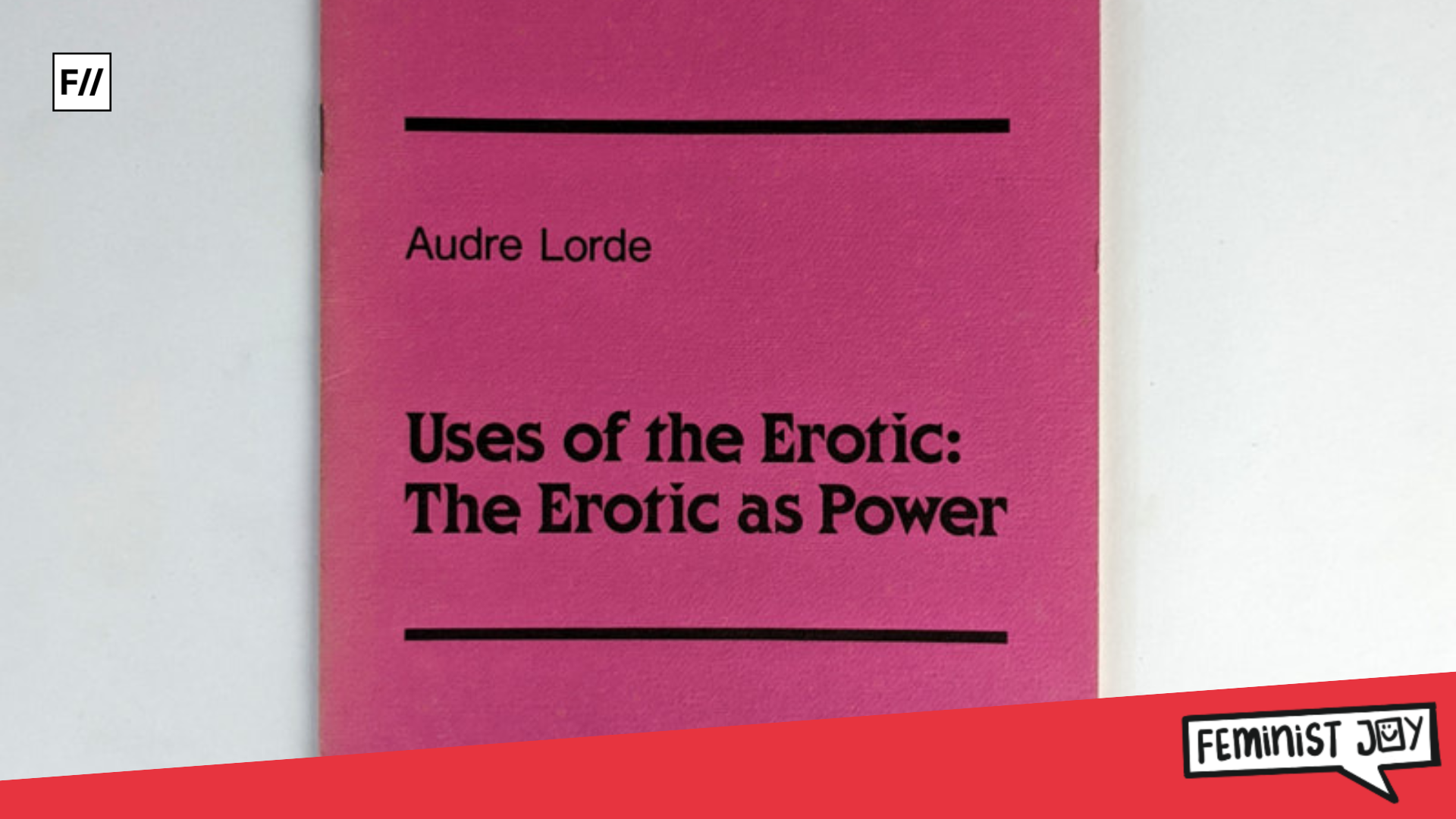Maverick, drag-queen-inspired American singer-songwriter, Chappell Roan is no stranger to controversy. This time, however, she is not in trouble for her radical lyrics but for her statement on mothering. “All my friends with kids are in hell,” she declared to podcast host Alex Cooper on “Call Her Daddy.”
Since then, Roan has faced a strong backlash from conservative mothers for being “negative.” Less predictable, is the lukewarm support she has received from progressive mothers who have felt the need to add disclaimers, “I love everything about my son (but…)”
Why do women feel the need to constantly declare that they love their children? If loving one’s child were as natural as it is made to appear, then why do women face social penalties at the mere thought of not loving their children? I believe the root of the problem lies in the very definition of love itself. In conservative parlance, love is thought to be a feeling. As a mother, one is expected to feel a pull of oxytocin when one’s child is placed in one’s arms. It is said to be a feeling akin to “being” in love. Yet, that feeling doesn’t come “naturally” to many women.
Postpartum depression, neglect and covid isolation
Six years ago, my son was brought into the world, screaming and kicking. He had little interest in being outside the womb. My contractions caused him distress to the point that his heart skipped several beats and I had to be operated on stat. Soon enough, a squealing, wrinkly, wizened six-pound, eight-ounce baby was placed on my chest. I was proud and relieved to meet him but exhausted by labour and pummelling with morphine.
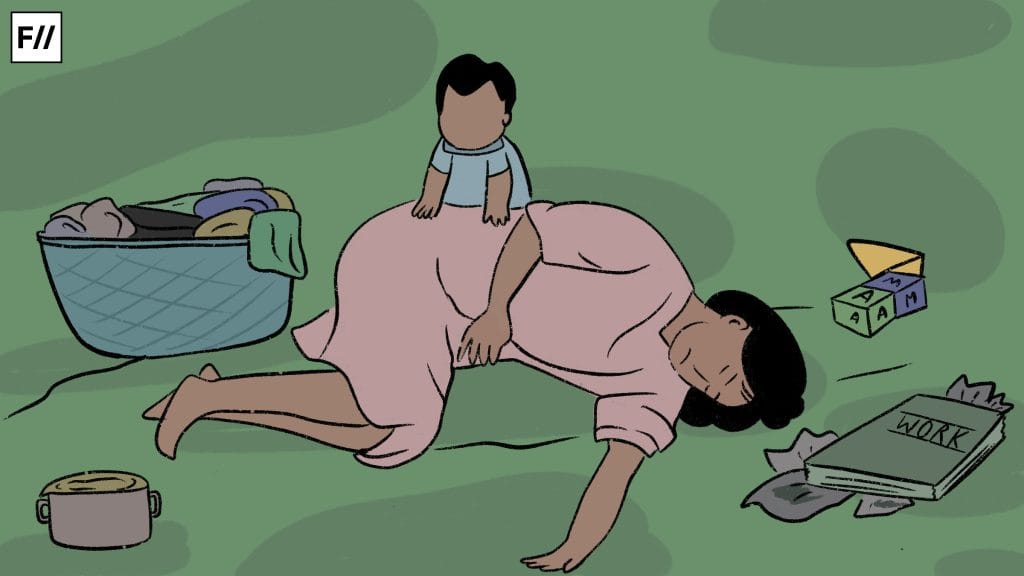
I fell into a deep sleep. I was awakened by the unfamiliar sound of newborn mewling. Accompanying them was my ex-husband, shouting at me to please shut the baby up so he could sleep. My stitches hurt and I could barely get out of bed. I begged him to help me bring the baby to my breast but no luck —he was fast asleep.
For many years, I struggled to find a kind explanation for my ex’s neglect of me in my postpartum years. I thought love meant being forgiving so I sought to absolve him through amateur psychology. Meanwhile, my son depended on me for survival, but I could only turn my attention to him when my ex was elsewhere —hardly the same as being in love — and I treated my baby as an onerous responsibility.
Looking within: A new identity
My extended postpartum depression coupled with Covid isolation brought me new fantasies —someone kind, someone who would care, or at any rate, be reasonable. This someone I knew could not possibly be a man. Very shyly, I admitted my queerness to myself. The funny thing about being queer is that the world thinks it’s about sexual relations. When I spoke about it with progressive family members, they said, “Why talk about queerness? You do what you want and don’t tell us about it.” They wouldn’t understand that sex was actually just the tiniest part of “feeling queer” for me.

Rather, I dreamt of having the space to be myself, to care for myself and my child. My ex took it very badly and left. I struggled to explain myself, but he wouldn’t listen. Then came fresh parenting hell —with the sudden disappearance of his father, my son stopped eating or sleeping. An otherwise kind person, I became a sleep-deprived, suicidal freak.
The teachings of bell hooks
Queer ancestor bell hooks came to my aid. Through her book, All About Love, she taught me that loving involves labour. Love is a verb, not a noun so one can’t be “in love.” Also, abuse is not love; rather, it is the absence of love. I learnt to decode abusive patterns of behaviour — affection, critique, triangulation, the silent treatment, and gaslighting. Love, said bell hooks, is not just affection or attention. Rather, it involves care, respect and open and honest communication.
In the beginning, omelettes were out, fried eggs were too runny—boiled egg whites were tolerated. I made boiled eggs for every meal. For a while, I ate the yolks myself. Then I remembered that self-sacrifice gives in to the patriarchy and self-care reconstitutes humanity. I made fresh breakfasts for myself, as well.
I began at the intersection of care and respect —fundamental human needs. Instead of yelling at my son to eat, I figured that traditional meals weren’t cutting it. He needed protein. So, I started with eggs. In the beginning, omelettes were out, fried eggs were too runny—boiled egg whites were tolerated. I made boiled eggs for every meal. For a while, I ate the yolks myself. Then I remembered that self-sacrifice gives in to the patriarchy and self-care reconstitutes humanity. I made fresh breakfasts for myself, as well.
Respecting my child
Respecting my child meant respecting his choices so I allowed sweets, which brought a modicum of joy to my mechanical calculations of proteins and vitamins. Enjoying food meant that my child improved his palate — he could now tolerate pancakes, yoghurt, and white-sauce pastas. We cooked meals together and instead of screaming when he went for the knife, I gently guided him to make a few cuts before tactfully taking it back.
Respecting my child also meant caring less about the half-baked opinions of other people. Instead of constantly imagining myself being looked at and critiqued, as women learn to do very early in life, I began to centre my child’s needs. Most of my friends, for instance, still think I’m a terrible cook because I cook only ‘white‘ foods (boiled eggs, Alfredo pasta, and malai curries) with few spices, little salt and no chillies. I simply say that my “target audience” is different. My ex would call me a bad parent because my child liked drinking litchi juice. But I kept insisting that a liberal attitude, respectful of the child’s preferences, is a form of love.
Open and honest communication with my child
The next battle was mathematics. My father, already anxious about my parenting solo, found my son making counting “mistakes” such as “forty-nine, forty ten.” My father credits his own math skills for his social mobility. Incorrect mathematical reasoning in anyone causes him paralysing fear and nervous dysregulation.
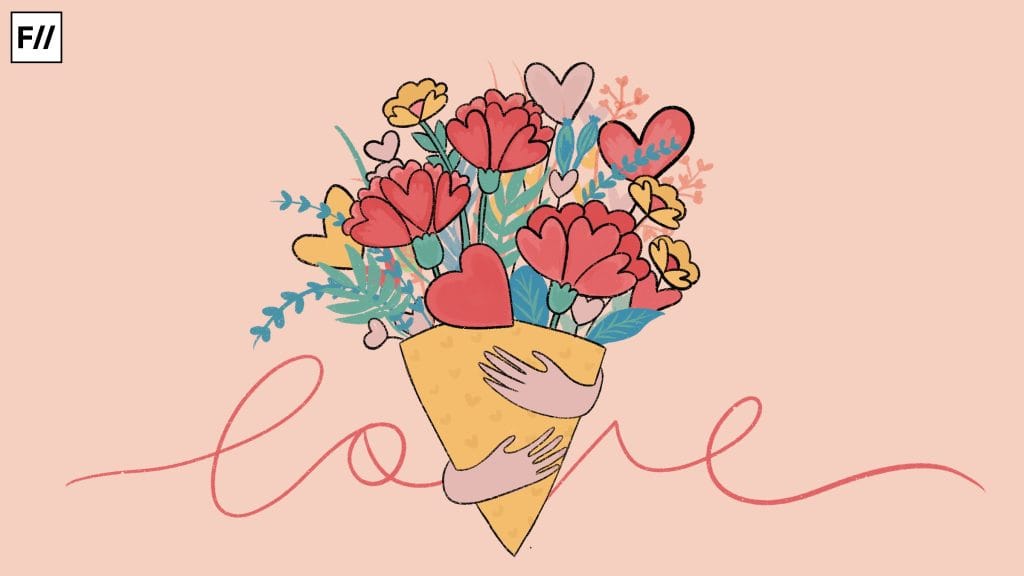
For me, I found that even my son’s math mistakes come from creative logical thinking. After all, “forty ten” should logically follow from “forty-nine.” It doesn’t because the decennial system defines “five tens” as “fifty.” I then found myself adopting bell hooks’ next exhortation —open and honest communication. I started telling my son about many things others would have thought age-inappropriate —I talked about human evolution, data, why it’s okay to do something “like a girl” because girls are cool just like boys are and it’s still cool even if one isn’t a girl or a boy—and I talked about decennial and language systems and how we stick to certain conventions so that others understand us.
Instead of using discipline or punishment, I went for logical reasoning. It wasn’t always easy. Like many other people my age, I had grown up experiencing punishment or the silent treatment at best and mild to medium violence at worst. Learning to regulate my own emotions so that I could love my child the bell hooks way took a lot of unlearning.
Self-care and self-love
Having put in all the labour of love, I still found myself emotionally depleted. Returns to investment in parenting are rarely immediate. My son did become a creative thinker. He developed excellent comedic timing. He also became great company. But it took a while. I began to care for my own needs —in a way, I began to reparent myself.
Emotional dysregulation happened, of course, but I was gentle with myself. I began new waking-up and sleeping routines. I developed new hobbies like taking undergraduate math classes or learning French on an app.
Slowly, I began writing again. It was difficult because my workdays often stretched to twelve hours at a time and parenting took up the rest. But for a few brief moments alone, I worked hard to remember that I too am a person and instead of hankering after a lover or a boss for validation, I slowly found it within.

